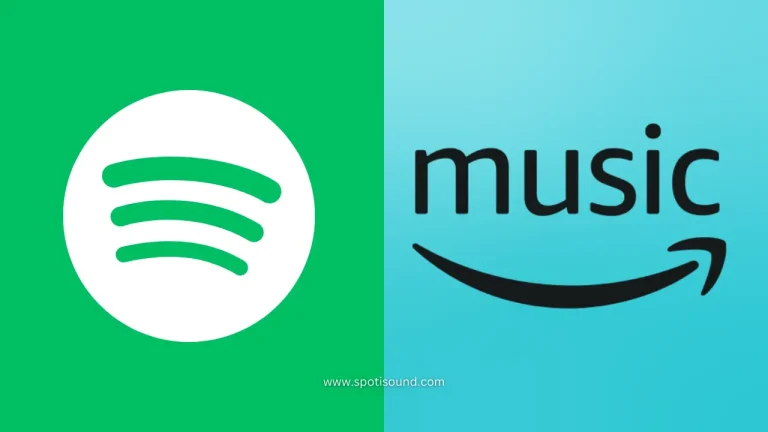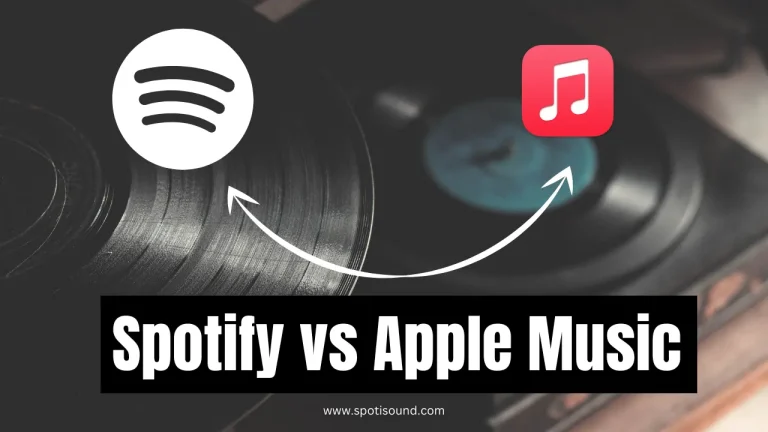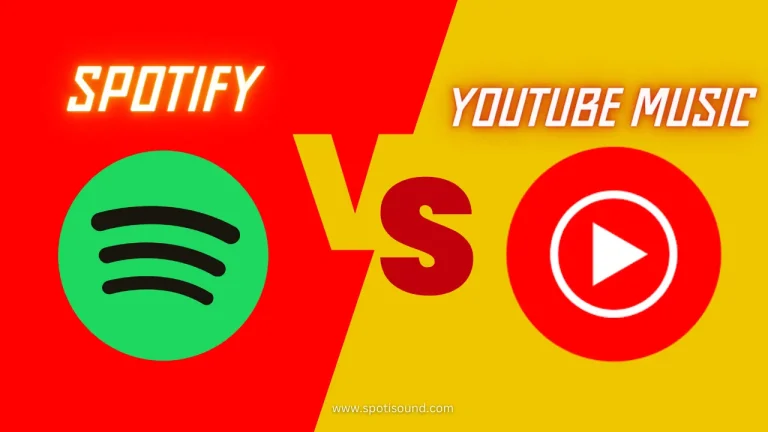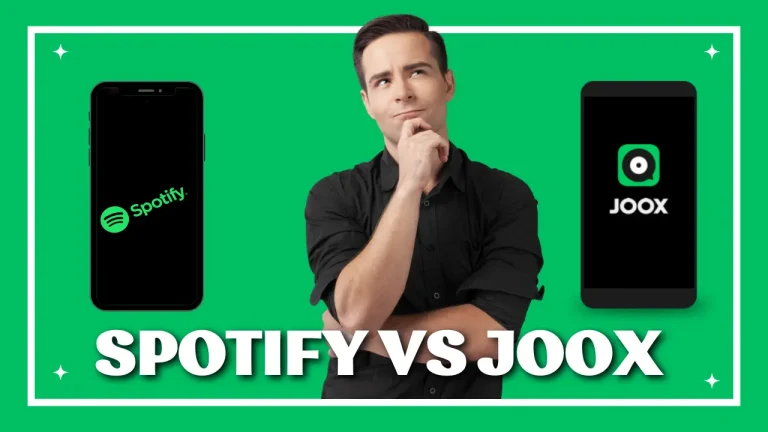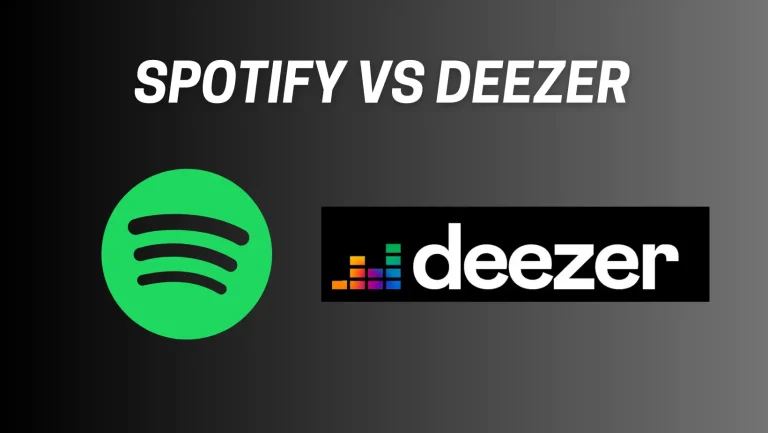Spotify vs SoundCloud: Which Music Streaming Giant Should You Choose in 2024?
In the world of music streaming, two giants stand out: Spotify and SoundCloud. Both platforms offer a vast library of songs, diverse communities, and unique features, making it difficult to determine which one is the best fit for you. In this article, we will compare Spotify vs SoundCloud across various factors to help you make an informed decision.
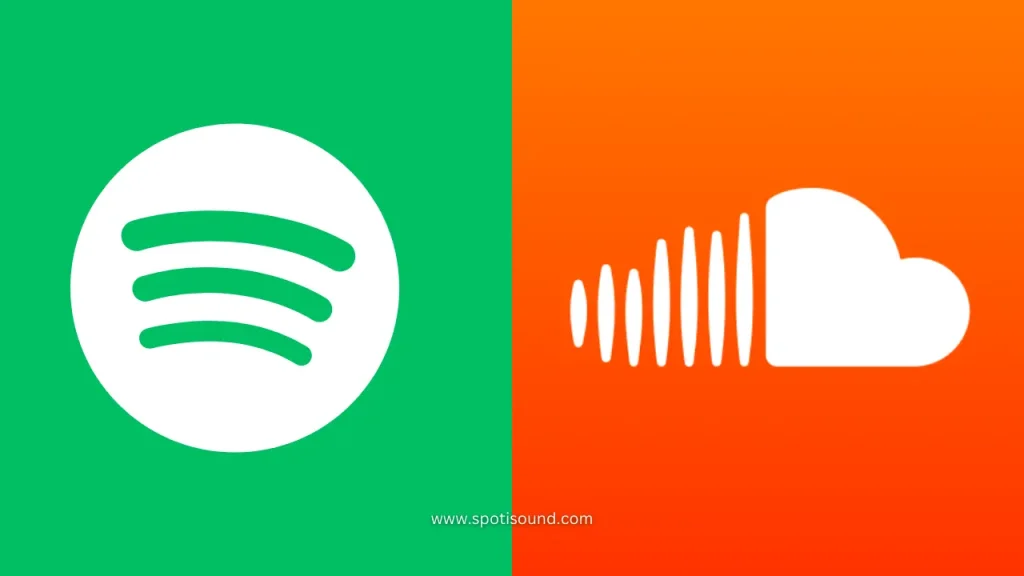
Music Library and Catalog
Spotify boasts a massive music library, with over 70 million songs and counting. It collaborates with major record labels and artists, ensuring that users have access to a wide range of mainstream tracks, albums, and curated playlists. Additionally, Spotify offers exclusive content, such as podcasts and live performances, contributing to its diverse collection.
SoundCloud, on the other hand, takes a different approach by focusing on emerging and independent artists. While it doesn’t have the same extensive catalog as Spotify, SoundCloud provides a platform for up-and-coming musicians to share their music freely. If you enjoy exploring new and niche genres, SoundCloud offers a unique selection of tracks that you might not find elsewhere.
Audio Quality
When it comes to audio quality, Spotify takes the lead. It offers multiple quality options, including the high-quality streaming feature for premium subscribers, which delivers music at 320kbps. This ensures a crisp and immersive listening experience, especially for audiophiles.
SoundCloud, on the other hand, primarily streams at a lower bitrate, which might not satisfy those seeking the utmost quality. However, it’s worth noting that SoundCloud also allows artists to upload their music, and the audio quality can vary depending on the recording and encoding.
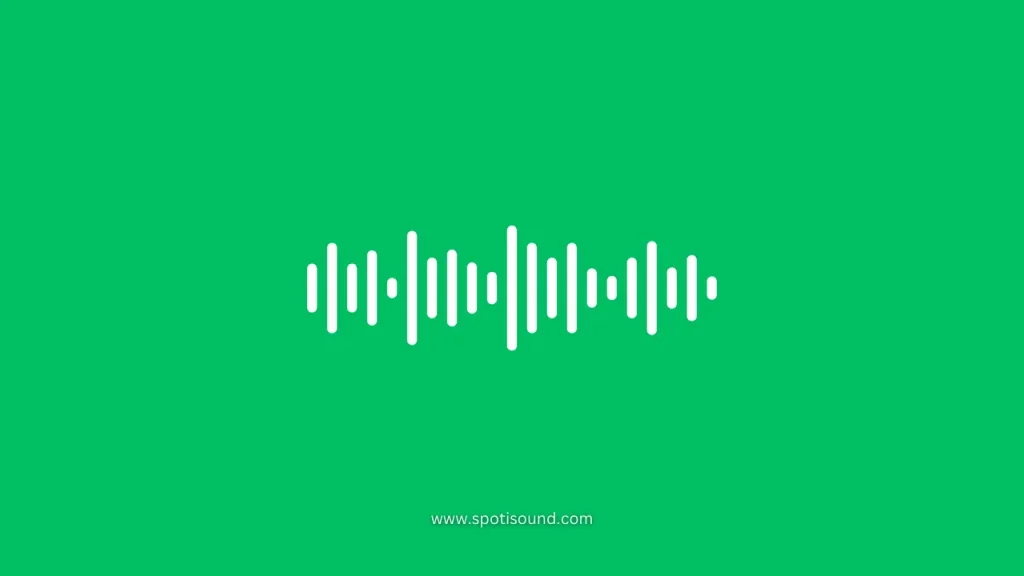
Discovery and Recommendations
Both Spotify and SoundCloud place a strong emphasis on music discovery and recommendations. Spotify’s algorithms analyze your listening habits, playlists, and saved songs to offer personalized recommendations and playlists tailored to your taste. It also regularly updates its popular “Discover Weekly” and “Release Radar” playlists to introduce users to new music.
SoundCloud’s discovery is centered around its vibrant community. With its social features, users can follow artists, interact with fellow music enthusiasts, and explore curated playlists. SoundCloud’s “Suggested Tracks” algorithm suggests similar songs based on your listening behavior, helping you discover hidden gems from independent artists and underground genres.
Accessibility and Features
Spotify and SoundCloud are both widely accessible across multiple platforms and devices. Spotify offers native applications for desktop, web, and mobile devices, ensuring a seamless experience across different operating systems. It also supports offline playback for premium subscribers, allowing you to download and listen to your favorite tracks without an internet connection.
SoundCloud’s mobile app serves as the primary platform for accessing its content, along with a web version. While SoundCloud’s free tier allows unlimited streaming, its paid subscription, SoundCloud Go+, offers ad-free listening, offline playback, and access to exclusive content from major record labels.
Pricing and Plans
Spotify offers a range of subscription plans, including a free ad-supported tier, a premium plan with enhanced features, and family and student plans at discounted rates. The premium plan removes ads, allows unlimited skips, ensures high-quality streaming, and provides access to all features.
SoundCloud offers a free tier, which displays ads and limitations on certain features. Its premium subscription, SoundCloud Go+, removes ads, gives offline access, offers higher-quality streaming, and unlocks additional content. SoundCloud also has a separate subscription, SoundCloud Pro, tailored for creators who want advanced upload and analytics features.
Spotify vs SoundCloud Conclusion :
Choosing between Spotify and SoundCloud ultimately depends on your personal preferences and music listening habits. If you prefer mainstream music, personalized recommendations, and high-quality audio, Spotify is an excellent choice. On the other hand, if you enjoy exploring emerging artists and niche genres while being part of a vibrant community, SoundCloud might be the platform for you.
Consider your priorities in terms of music library, audio quality, discovery features, and pricing plans. You might also want to try both platforms using their free tiers before committing to a subscription. With the wealth of music available on both Spotify and SoundCloud, you can’t go wrong with either choice. Happy streaming!
Pros and Cons – Spotify vs SoundCloud
Spotify Pros:
- Huge music library with over 70 million songs, including mainstream tracks and popular artists.
- Personalized recommendations and curated playlists based on your listening habits.
- Offers high-quality streaming options for premium subscribers.
- Seamless access across various devices and operating systems.
- User-friendly interface with easy navigation and robust search functionality.
- Offline playback and downloading options for premium subscribers.
- Strong partnerships with major record labels and exclusive content like podcasts and live performances.
Spotify Cons:
- Limited focus on emerging and independent artists compared to SoundCloud.
- The free tier has limitations and features ads.
- Social and community features are not as prominent.
- Costs can add up for premium plans and additional features like family and student subscriptions.
SoundCloud Pros:
- Unique platform showcasing emerging and independent artists.
- Opportunity for artists to upload and share their music.
- A vibrant community with user interaction and comments on tracks.
- Offers a free tier with ad-supported streaming and more access to discover new music.
- Curated playlists and genre-specific charts highlighting niche genres and underground scenes.
- Mobile-friendly app for on-the-go listening.
SoundCloud Cons:
- Smaller music library compared to Spotify’s mainstream collection.
- Audio quality can vary depending on the upload and recording.
- Limited offline playback options.
- The free tier has limitations and occasional ads.
- Less focus on personalized recommendations compared to Spotify.
- Limited exclusive content and partnerships with major record labels.
It is important to consider your music preferences, desired features, and budget when deciding between Spotify vs SoundCloud. Spotify is ideal for those seeking a vast mainstream music library, personalized recommendations, and a polished user experience. SoundCloud, on the other hand, offers a unique platform for discovering emerging artists, exploring niche genres, and engaging with a vibrant community.
